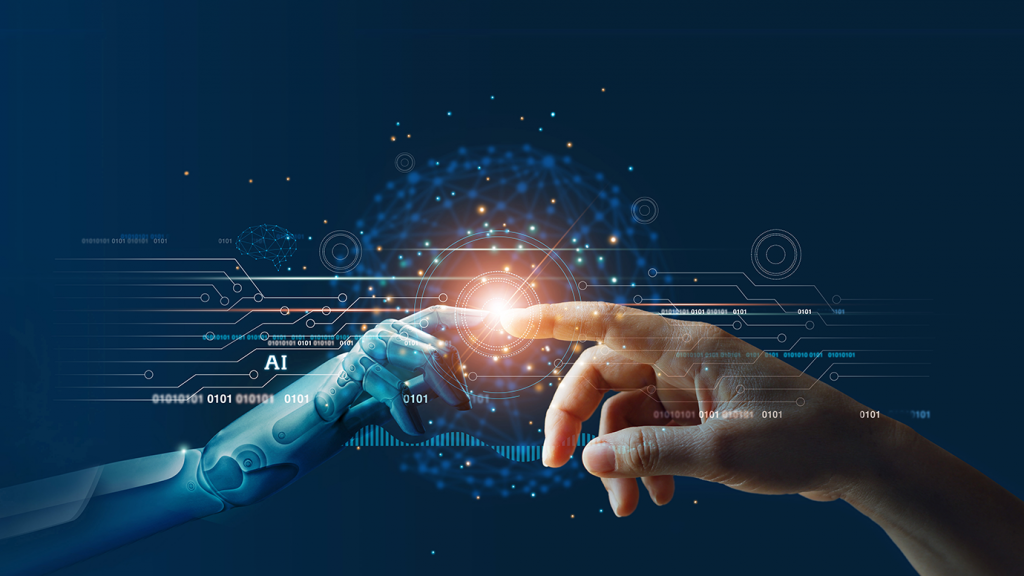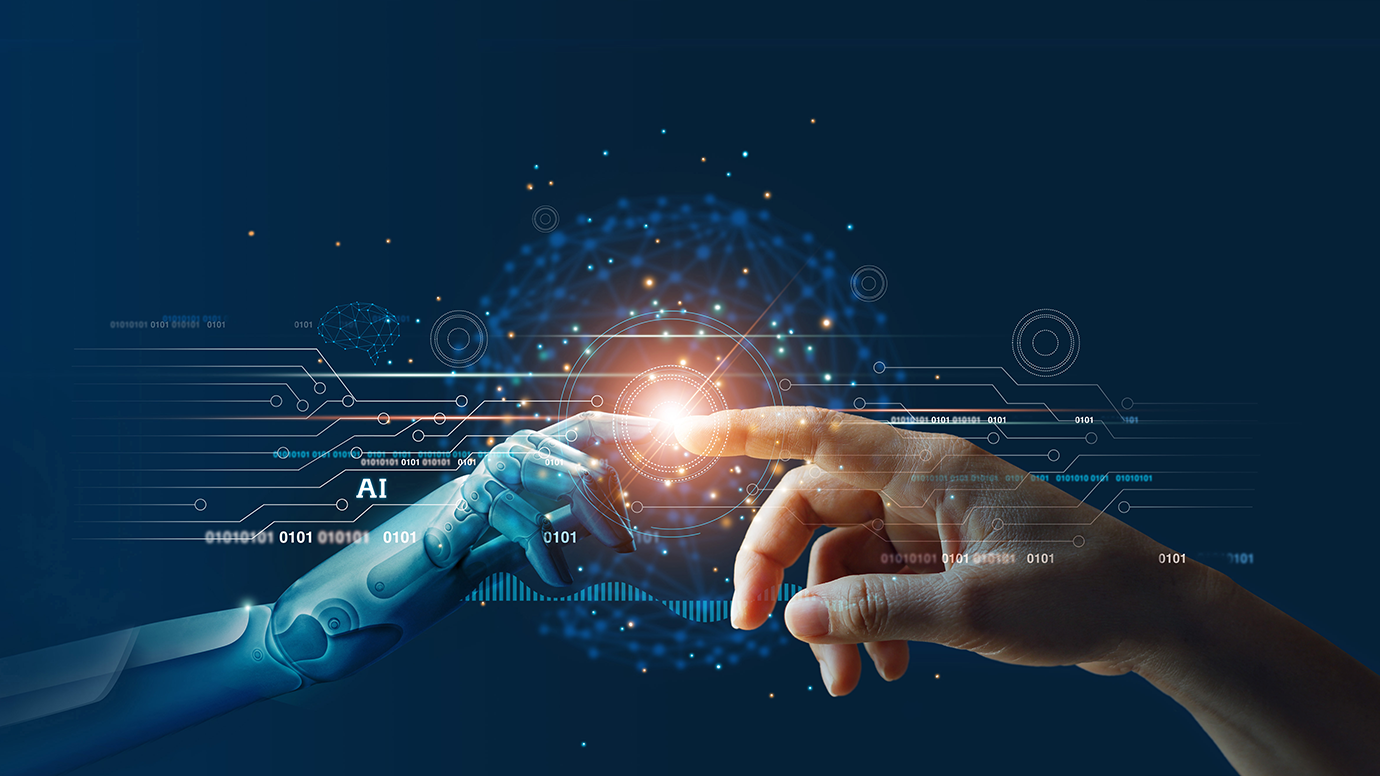Education & Career Trends: March 26
Curated by the Knowledge Team of ICS Career GPS

- Article by Llewellyn E. van Zyl, published on psychologytoday.com.
As artificial intelligence continues to develop, many of us can’t help but wonder if an algorithm might soon make our jobs obsolete. For psychologists, this possibility is scary. How could cold, unfeeling technology ever replace the emotional intelligence, creativity, and person-to-person connectedness that are so core to what we do?
The unsettling truth is that AI is already augmenting and encroaching on the roles and functions of psychologists. AI is used in everything from psychological testing and screening job candidates to performance analysis and even therapy and coaching. To avoid obsolescence, psychologists must cultivate the skills that set us apart from AI.
According to recent studies, there are three sets of essential skills that psychologists need to develop to remain relevant amidst continued automation and augmentation:
- social skills
- creative decision-making skills
- physical abilities
Let’s delve deeper into each category.
The Social Skills AI Can’t Match
At the heart of our profession lies our ability to empathize, collaborate, and build meaningful relationships. While AI can analyse data, it falls short of fostering genuine human connections. Recent studies highlight three key social skills vital for thriving in the AI age: compassion, collaboration, and relationship building.
- Compassion: This entails reading social and emotional cues and responding with empathy. Despite AI advancements, humans seek understanding and warmth from their peers. Only humans possess the emotional intelligence required to build rapport and empathise with others on a profound level.
- Collaboration: It’s the ability to work cooperatively in a coordinated way. AI is essentially a self-contained system, unable to engage in the free-flowing exchange of meaningful ideas. True innovation emerges from diverse backgrounds coming together to share insights. Effective collaboration requires fostering open communication and aligning teams toward a common goal.
- Relationship Building: The ability to build deep, trust-based relationships is a profoundly human skill that will only become more valuable as technological change accelerates. Psychologists adept at relationship building create cultures of rapport that empower people to thrive. Authentic relationships foster resilience and creative energy that cannot be replicated by technology alone.
The Creative Decision-Making Skills Humans Hold
Despite AI’s computational power, it lacks the crucial cognitive capabilities inherent to the human mind. Skills like creativity, curiosity, critical thinking, intuition, and problem-solving set us apart. In their studies, Chuang and Eubanks emphasize the importance of these skills for future-proofing HR professionals and psychologists.
- Creativity refers to the ability to transcend traditional ideas and develop innovative, imaginative solutions to complex problems. While algorithms can follow rules and find patterns, true creativity requires making novel associations between unrelated concepts.
- Curiosity refers to the continuous drive to learn, grow, and explore new concepts. Young children are endlessly curious as they explore the world around them, constantly asking, Why? But as we get older, that innate curiosity often gets dampened. To stay vital in the AI age, we must fight that tendency and cultivate a mindset of relentless questioning. Curiosity fuels a deeper understanding of the world and helps us to see things in fresh ways. It helps us identify underlying patterns, challenge faulty assumptions, and solve complex problems from new angles.
- Critical thinking refers to the application of logic, reasoning, and critical analysis to help make more reasoned judgments. To thrive alongside AI, we must maintain our ability to think critically, question assumptions, and apply our judgment in nuanced situations. Unlike algorithms that just process instructions, we have the unique capacity to recognise context, see shades of grey, and adapt our thinking based on new inputs.
- Intuition draws on instincts and gut feelings to guide our choices in high-stakes situations. Intuition allows us to navigate ambiguity, process complexity on an embodied level, and factor in subtle social and emotional dynamics that are difficult to quantify. In scenarios overflowing with potential variables and unknowns—which AI’s rules-based approaches struggle with—human intuition provides a real-time guidance system that can cut through information overload to help make better decisions. Those with finely tuned intuitive faculties can make tough judgment calls, trusted to weigh incomplete data and diverse contexts in cognitively flexible ways.
- Problem-solving refers to the ability to draw on all the aforementioned factors to analyse complex issues from different perspectives—to determine the root causes of problems, propose and critically evaluate potential solutions, and implement solutions to solve problems. In environments where AI handles the more standardised work, elite human problem-solvers will be needed to tackle the atypical, the ambiguous, and the unprecedented. Their ability to connect disparate ideas, challenge assumptions, and generate breakthrough ideas from the yet-unknown will be an irreplaceable complement to AI’s capabilities.
Our Enduring Physical Capabilities
Studies reveal a significant advantage humans hold over AI in sensorimotor skills and physical flexibility. These embodied intelligence skills are essential for tasks requiring environmental awareness, adaptability, and seamless mind-body integration.
- Physical flexibility refers to our ability to engage in a wide range of motion, as well as muscle dexterity
- Sensorimotor skills refer to aspects like our hand-eye coordination, our fluid movements, and our ability to navigate the physical world with carefully nuanced gestures
From assembly lines to operating rooms, our combination of delicate physical control and quick decision-making allows us to excel where rigid robotics still struggle. We remain unmatched in tasks requiring environmental awareness, physical adaptability, and seamless mind-body integration.
Bringing Human Brilliance to the Future of Work
In navigating the evolving landscape of work, one thing is abundantly clear: the future belongs to those who harness the power of human ingenuity. As AI continues its rapid ascent, it’s not about competing against machines but rather collaborating with them. By embracing and honing our uniquely human skills—such as empathy, creativity, critical thinking, and physical adaptability—we pave the way for a future where technology augments rather than replaces our capabilities.
…
Have you checked out yesterday’s blog yet
5 Simple Ways To Help Boost Your Self-Efficacy
(Disclaimer: The opinions expressed in the article mentioned above are those of the author(s). They do not purport to reflect the opinions or views of ICS Career GPS or its staff.)
Like this post? For more such helpful articles, click on the button below and subscribe FREE to our blog.





One Reply to “The 10 Skills Psychologists Need to Thrive in the Age of AI”